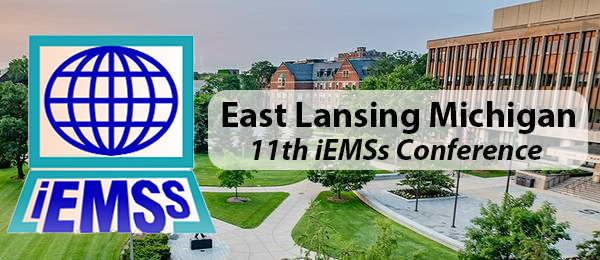Keywords
deep uncertainty; robustness; scenarios; guidance framework
Start Date
5-7-2022 12:00 PM
End Date
8-7-2022 9:59 AM
Abstract
Decision-making under deep uncertainty often requires consideration of which scenarios and which robustness metric(s) to use. However, there are many different approaches for generating scenarios and many different robustness metrics in literature, often creating confusion and decision paralysis for the decision-makers. How can decision-makers determine which sets of scenarios to use and does it matter? Which robustness metric(s) are the best for the environmental system under consideration and does it matter which one is selected? To answer these questions and address other points of potential confusion, we introduce a guidance framework to assist with the identification of the most robust decision alternatives. We describe the open-source RAPID (Robustness Analysis Producing Intelligent Decisions) software package to aid with the implementation of the guidance framework, and illustrate this on a hypothetical lake pollution problem, known as The Lake Problem. The application of the guidance framework and software package on The Lake Problem show several examples where decision-makers may or may not know which scenarios or robustness metrics to use.
Making sense of scenario techniques and robustness metrics for decision making under deep uncertainty
Decision-making under deep uncertainty often requires consideration of which scenarios and which robustness metric(s) to use. However, there are many different approaches for generating scenarios and many different robustness metrics in literature, often creating confusion and decision paralysis for the decision-makers. How can decision-makers determine which sets of scenarios to use and does it matter? Which robustness metric(s) are the best for the environmental system under consideration and does it matter which one is selected? To answer these questions and address other points of potential confusion, we introduce a guidance framework to assist with the identification of the most robust decision alternatives. We describe the open-source RAPID (Robustness Analysis Producing Intelligent Decisions) software package to aid with the implementation of the guidance framework, and illustrate this on a hypothetical lake pollution problem, known as The Lake Problem. The application of the guidance framework and software package on The Lake Problem show several examples where decision-makers may or may not know which scenarios or robustness metrics to use.



Stream and Session
false